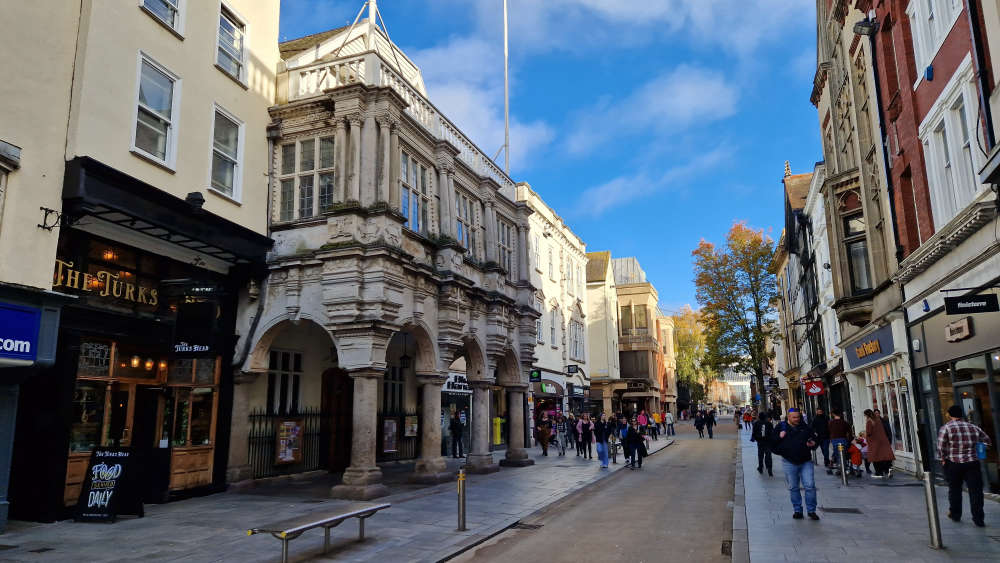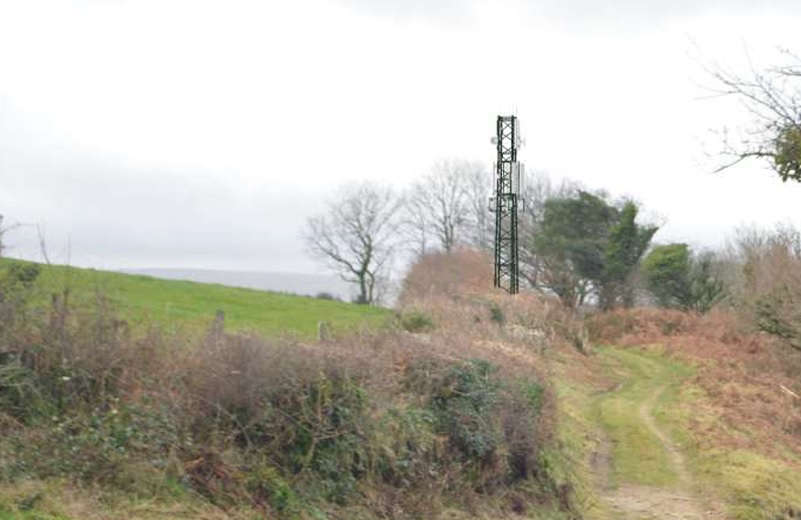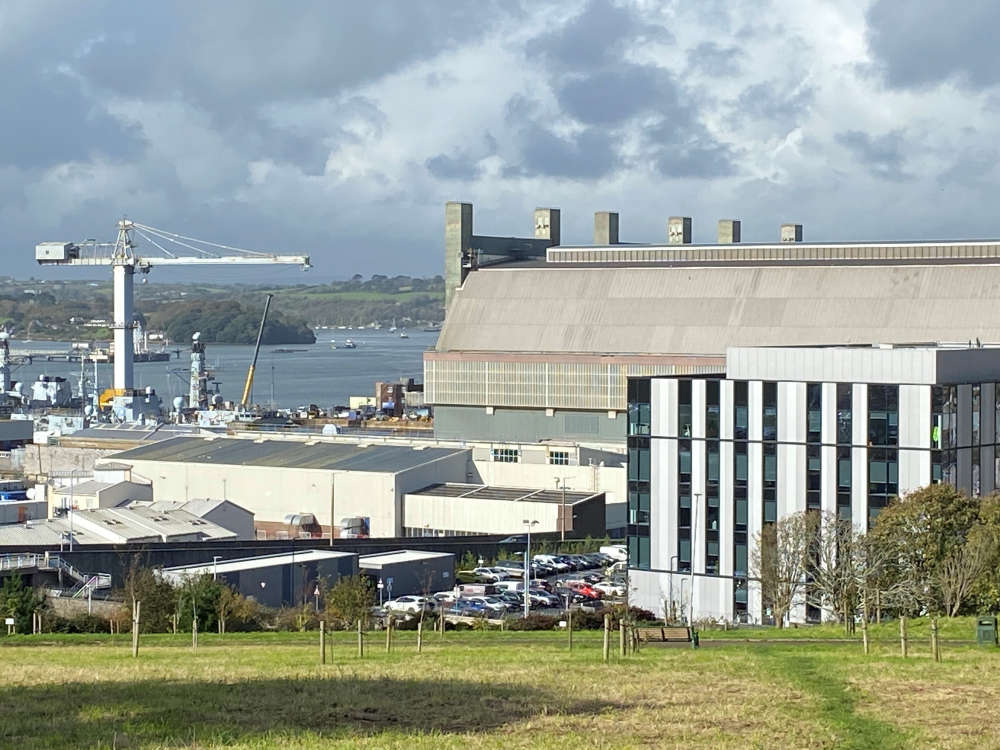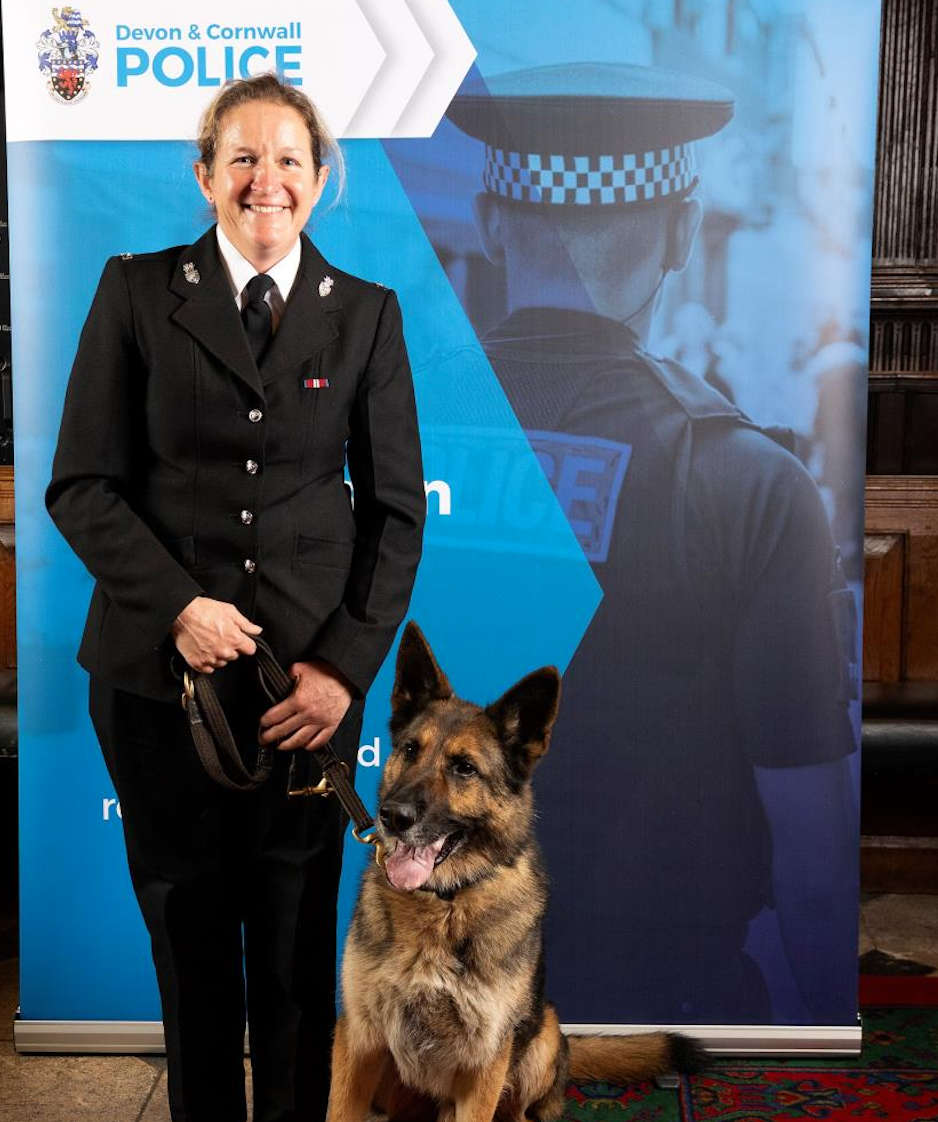
You have to go back a long way. Plus a look at lots of other city MPs since.
Exeter has been sending MPs to Westminster since the fourteenth century when John Prescott – not to be confused with the far more recent Labour deputy prime minister – won four successive elections.
He served the city from 1361 to 1386. The Hundred Years War was raging and Richard II was on the throne.
Between 1654 and 1802 five members of the Bampfylde family took their turns to champion the city’s interests at Westminster.
The general election of 1885 was the first time a most men could vote, and most constituencies returned just one MP. Nationally the Liberals, led by William Gladstone, won the most seats, but not an overall majority.
Conservative Henry Northcote became the first ‘modern era’ MP for Exeter at the 1885 poll, and would serve until 1899, when he resigned and was given the freedom of the city. He later became governor of Bombay, governor-general of Australia and the first Earl of Iddesleigh. A statue in his memory is in Northernhay Gardens.
The 1899 by-election saw Conservative Edgar Vincent, the first Viscount d’Abernon, take up the role.
He had made a fortune in South African mining shares while working as governor of a bank in Turkey, precipitating a run on the bank and a financial crash.
He lost the Exeter seat in 1906 and later became the British ambassador in Berlin after the Great War.
Liberal Sir George Kekewich beat Mr Vincent, but only kept it until January 1910, when he lost to Conservative Henry Duke, a former Western Morning News journalist who studied law and became a barrister.
Mr Duke had been the Unionist MP for Plymouth from 1900 to 1906.
But he survived in Exeter only after a scrap over numbers, when he initially lost the December 1910 election by just four votes to Liberal Harold St Maur. But the Conservatives challenged the result and after a week-long hearing in the Guildhall, the seat was awarded back to Duke. He held it until the end of the Great War in 1918.
Robert Newman was Exeter’s MP from 1918 to 1931, sitting as a Conservative until 1927 and then as an independent. He was also a member of the Devon County Council and in 1931 he was named Baron Mamhead of Exeter.
Conservative Arthur Reed was elected in 1931, and held the Exeter seat through the Second World War until he retired from parliament in 1945.
Despite Labour coming into power under Clement Atlee, barrister John Maude held the seat for the Conservatives from 1945 to 1951, when he became a judge. He used his maiden speech in the Commons to highlight the problems of overcrowding in Exeter in the aftermath of wartime bombing.
Aero engineer Rolf Dudley-Williams, who had worked with jet engine pioneer Frank Whittle, took the seat for the Conservatives in 1951 and held it for 15 years.
He was a critic of the BBC and called for tougher action on demonstrations against nuclear weapons. Guardian journalist and podcaster Marina Hyde is his granddaughter.
Exeter returned its first Labour MP in 1966, when the seat was won by former actor and journalist Gwyneth Dunwoody, who had been a councillor in Totnes where her husband John was a doctor. She worked as a junior minister at the Board of Trade.
The 1970 general election saw John Hannam take the seat for the Conservatives, one he would hold through 27 years and seven elections.
He chaired the Conservative Energy Committee and the influential 1922 Committee. He campaigned for disability rights and was an advocate for the arts, particularly opera and singing.
He was knighted in 1992 and later given the freedom of the city of Exeter.
He stood down at the 1997 general election, and made a point of distancing himself from the campaign of Dr Adrian Rogers, a controversial Conservative candidate to succeed him.
Dr Rogers had taken a high-profile homophobic stance against Labour candidate Ben Bradshaw, a journalist who had worked for the Express and Echo in Exeter and for BBC Radio Devon.
The-then Mr Bradshaw (now Sir Ben) overturned the Tory majority to become one of the first openly gay MPs, and praised Hannam’s supportive stance during his maiden speech. He served as a health minister and culture secretary as well as being deputy leader of the House of Commons during Tony Blair’s premiership.
He announced in February 2022 that he would be standing down the next time the country went to the polls, and the July 2024 election marks the end of his 27 years in office. The same as Sir John Hannam, his Conservative predecessor. Sir John is now 94.
Exeter candidates this time around are Will Aczel (Lib Dem), Andrew Bell (Green), Lee Bunker (Reform UK), William Poulter (Ind), Steve Race (Lab), Robert Spain (Ind) and Tessa Tucker (Con).
 Dartmoor phone mast gets the go-ahead
Dartmoor phone mast gets the go-ahead
 Livestock processing plant refused at Shebbear
Livestock processing plant refused at Shebbear
 Devoncast - New lives for two Devon landmarks and the mysteries of AI
Devoncast - New lives for two Devon landmarks and the mysteries of AI
 Two Devon warships could be sold to Brazil
Two Devon warships could be sold to Brazil
 Devon police dog honoured
Devon police dog honoured
 Schizophrenic knifeman given indefinite hospital order
Schizophrenic knifeman given indefinite hospital order
